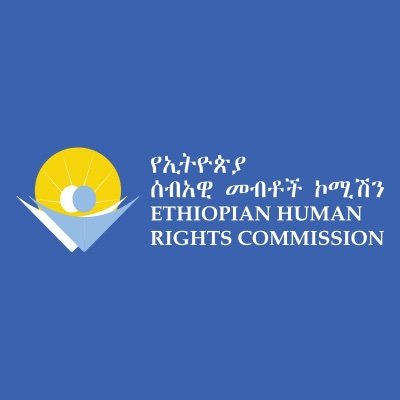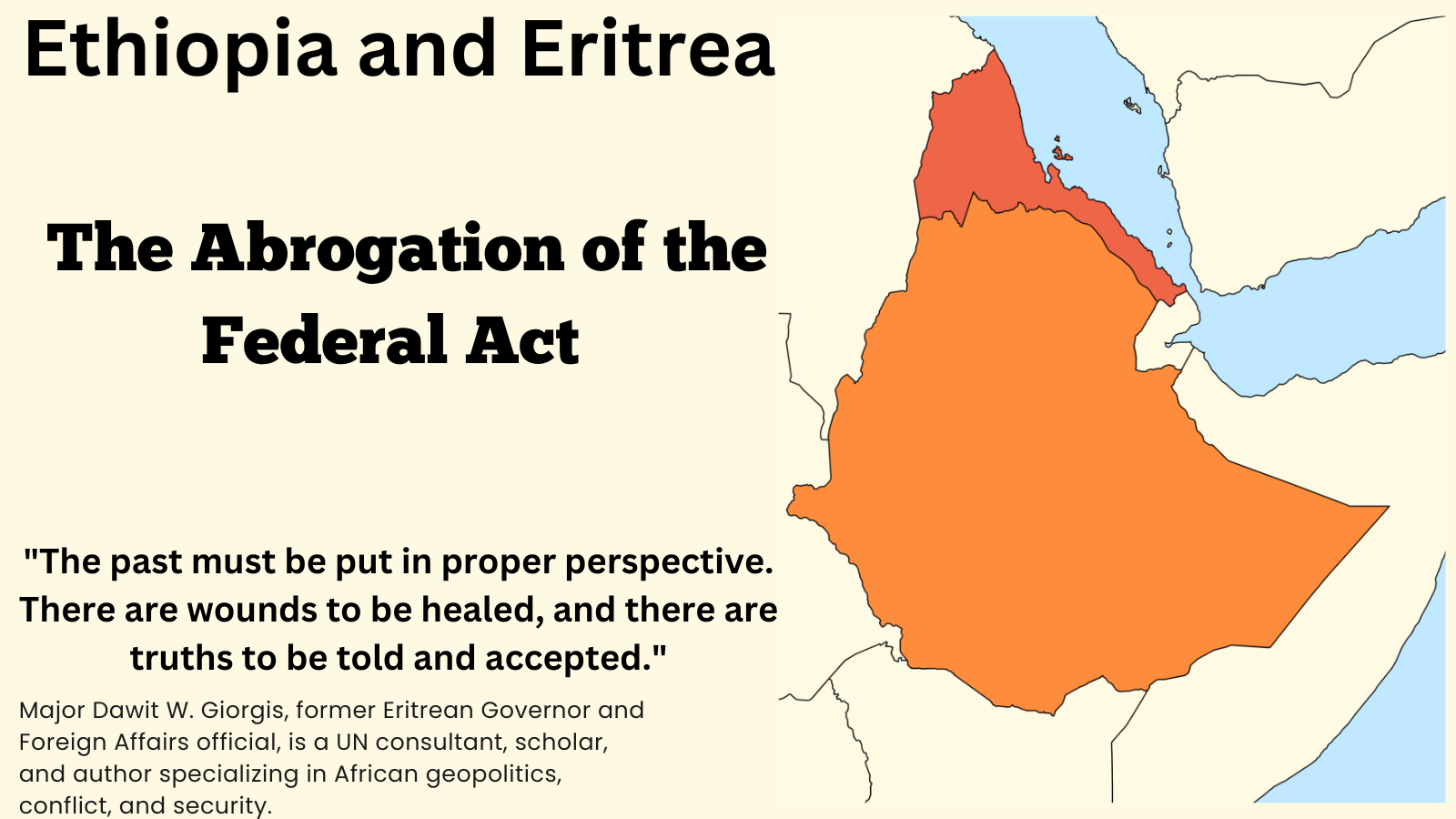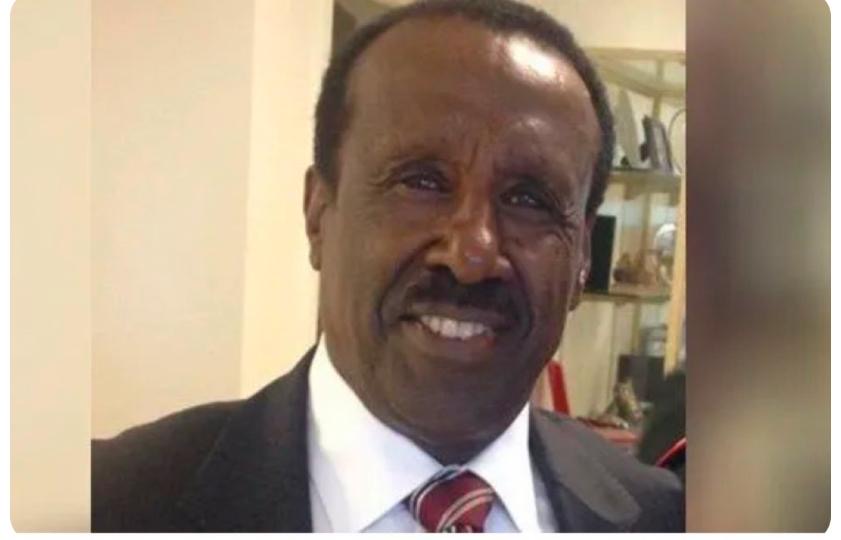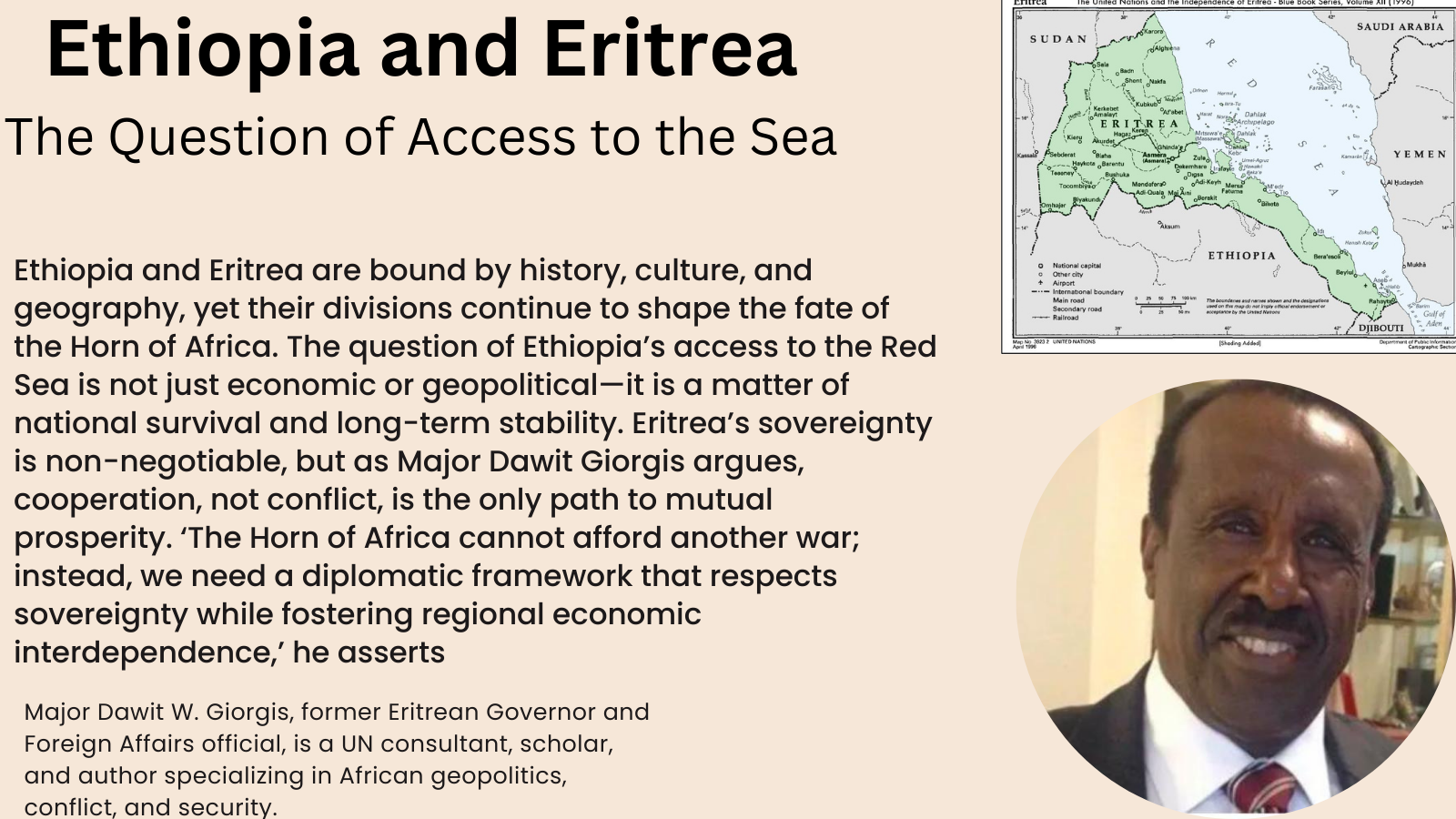EHRC Exposes Grave Human Rights Violations in Ethiopia: “Right to Life Under Siege,” Warns Dr. Daniel
Situation of Human Rights in Ethiopia

Introduction
Addis Ababa: The Ethiopian Human Rights Commission (EHRC) has published a critical report revealing extensive human rights violations in Ethiopia, particularly highlighting the severe impact on civilians over the past year. The report underscores a troubling pattern of civilian deaths and injuries, attributing these violations primarily to the actions of government security forces and armed groups. This in-depth analysis delves into the key findings of the report, providing a comprehensive overview of the human rights situation in Ethiopia and the broader implications for the country’s future.
Overview of the Report Released on July 5, 2024, the EHRCO’s annual report, titled “Situation of Human Rights in Ethiopia,” spans the period from June 2023 to June 2024. This 132-page document, presented by Dr. Daniel Bekele, Chief Commissioner of EHRCO, is structured in three parts, each detailing critical human rights concerns, notable achievements, and recommendations for improvement.
Dr. Bekele emphasized that the report offers a general overview of the human rights landscape in Ethiopia but does not encompass every event or issue. Key Findings
- Civilian Deaths and Injuries: The report identifies civilian casualties as the most serious human rights violations. Numerous deaths and injuries have occurred, largely due to the actions of government security forces and armed groups. This revelation highlights the ongoing conflict and the severe impact on non-combatant populations.
- Government and Armed Group Actions: The EHRCO report points to both government security forces and various armed groups as primary perpetrators of these violations. This dual attribution underscores the complex nature of the conflict, where multiple actors contribute to the deteriorating human rights situation.
- Focus on the Right to Life: Among the issues highlighted in the report, the right to life is given paramount importance.
Dr. Bekele stressed that this fundamental right continues to be gravely threatened, with numerous incidents of extrajudicial killings, arbitrary arrests, and torture reported during the period under review. Detailed Analysis The EHRCO report paints a grim picture of Ethiopia’s human rights situation. The consistent pattern of civilian targeting by both state and non-state actors suggests a systematic approach to repression and control.

EHRC Report
Extrajudicial killings of civilians continue to be a concern during the reporting period in areas affected by ongoing or past armed conflicts and, in some cases, outside a context of conflict. This annual human rights situation report also raises the growing problem of kidnapping of civilians, including for ransom, as a grave concern in Oromia region.
This situation is further complicated by the government’s stance, which often frames security operations as necessary measures against insurgent groups. However, the EHRC’s findings challenge this narrative, highlighting indiscriminate violence and a disregard for civilian lives. The geographic distribution of violations, spanning several regions including #Amhara and Oromia, indicates a widespread crisis. The report documents specific instances where government forces have clashed with local militias, resulting in significant civilian casualties.
Additionally, the actions of armed groups, such as the Oromo Liberation Army (OLA), have further destabilized regions, leading to a cycle of violence and retaliation. Impact on Civilians The human cost of this conflict is stark. Civilians find themselves caught in the crossfire, with limited access to justice or recourse.
https://x.com/EthioHRC
The report highlights harrowing accounts of families torn apart, children orphaned, and communities displaced. The psychological trauma and socio-economic disruption caused by these violations are profound, affecting the long-term stability and development of the affected regions.
International and Domestic Responses
The EHRC’s report calls for urgent action from Ethiopia’s international partners. It urges these partners to demand accountability from the Ethiopian government and to increase scrutiny of the human rights situation. This call to action reflects a growing concern within the international community about the trajectory of Ethiopia’s internal conflict and its broader implications for regional stability.
Recommendations and Future Directions
The EHRC report concludes with a series of recommendations aimed at addressing the root causes of the human rights violations and fostering a more just and stable society. These recommendations include:
- Accountability and Justice: Establishing independent mechanisms to investigate and prosecute those responsible for human rights violations.
- Security Sector Reform: Overhauling the security forces to ensure they operate within the bounds of international humanitarian law.
- Conflict Resolution: Engaging in genuine dialogue with opposition groups and militias to find peaceful solutions to ongoing conflicts.
- Support for Victims: Providing comprehensive support to victims of human rights violations, including medical, psychological, and socio-economic assistance.
Conclusion
The EHRC’s annual report on the “Situation of Human Rights in Ethiopia” is a stark reminder of the urgent need for action to address the country’s deepening human rights crisis. The widespread and systematic violations documented in the report call for immediate and concerted efforts from both the Ethiopian government and the international community. Only through accountability, reform, and genuine dialogue can Ethiopia hope to achieve lasting peace and respect for human rights.
EAR- Editorial Note :- Source https://ehrc.org/armed-conflicts-still/
EAR Editorial Note : Views in the article do not necessarily reflect the views of EAR.




